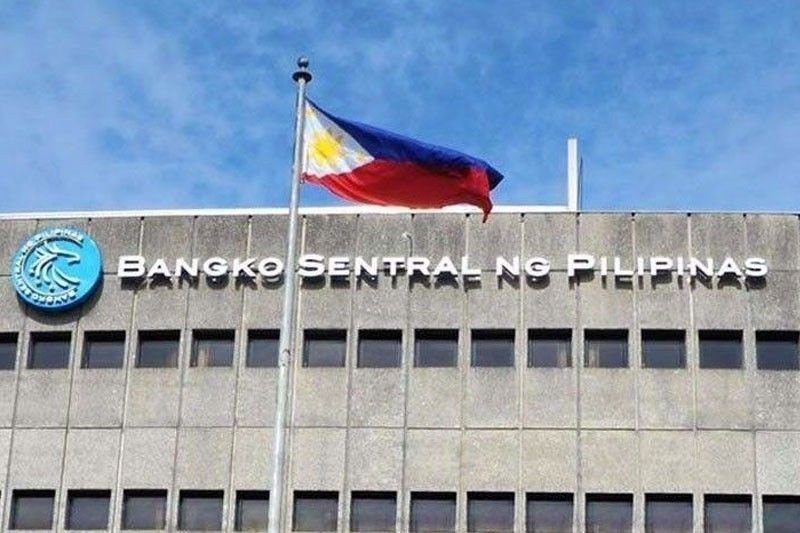Brexit to have limited impact on Philippines, says BSP

MANILA, Philippines — Britain’s Brexit transition period would have limited impact on the Philippines, the Bangko Sentral ng Pilipinas said.
BSP Governor Benjamin Diokno said rapid progress and minimal disruptions on post-Brexit negotiations could lend support to global economic activity and boost market confidence. Brexit refers to Britain leaving the European Union.
“For the Philippines, the BSP expects the transition to have a limited direct impact on investments, tourism, and trade,” he said.
Diokno said Brexit could still affect countries with the strongest economic links with the UK.
Data from the central bank showed gross placements of foreign direct investments (FDI) from the UK represented about 0.7 percent of the total FDI from January to August last year, while foreign portfolio investments or hot money accounted for 29.7 percent.
The UK market represents the Philippines’ eight biggest tourist market, or about 2.7 percent of total tourist arrivals, while remittances of Filipinos working and living in the UK accounted for 5.1 percent of the total from January to November last year.
“However, even as the direct exposure of the Philippines to the UK remains relatively small, uncertainty over its implications for the rest of the world could drive volatility in domestic financial markets,” he said.
According to the BSP, the Philippine economy has sufficient buffers to ward off the potential adverse effects of increased external headwinds.
“These buffers include ample gross international reserves, supported by sustained inflows from overseas Filipino remittances, business process outsourcing revenues, as well as tourism receipts,” Diokno said.
Diokno said the country’s foreign exchange buffer declined by 1.6 percent to $86.42 billion in January from an all-time high of $87.84 billion in December due to strong outflows as the government paid more foreign debt.
The month-on-month decline in the gross international reserves (GIR) reflected outflows arising from the national government’s foreign exchange withdrawal mainly used to pay its foreign exchange obligations.
BSP said the decline was partially tempered by the central bank’s net foreign exchange purchases from its foreign exchange operations as well as its income from investments abroad.
Diokno said the GIR in January could cover 7.6 months’ worth of imports of goods and payments of services and primary income. It is also equivalent to 5.3 times the country’s short-term external debt based on original maturity and four times based on residual maturity.
For this year, the BSP sees the GIR level hitting $86 billion, enough to cover 6.8 months’ worth of imports.
- Latest
- Trending

























